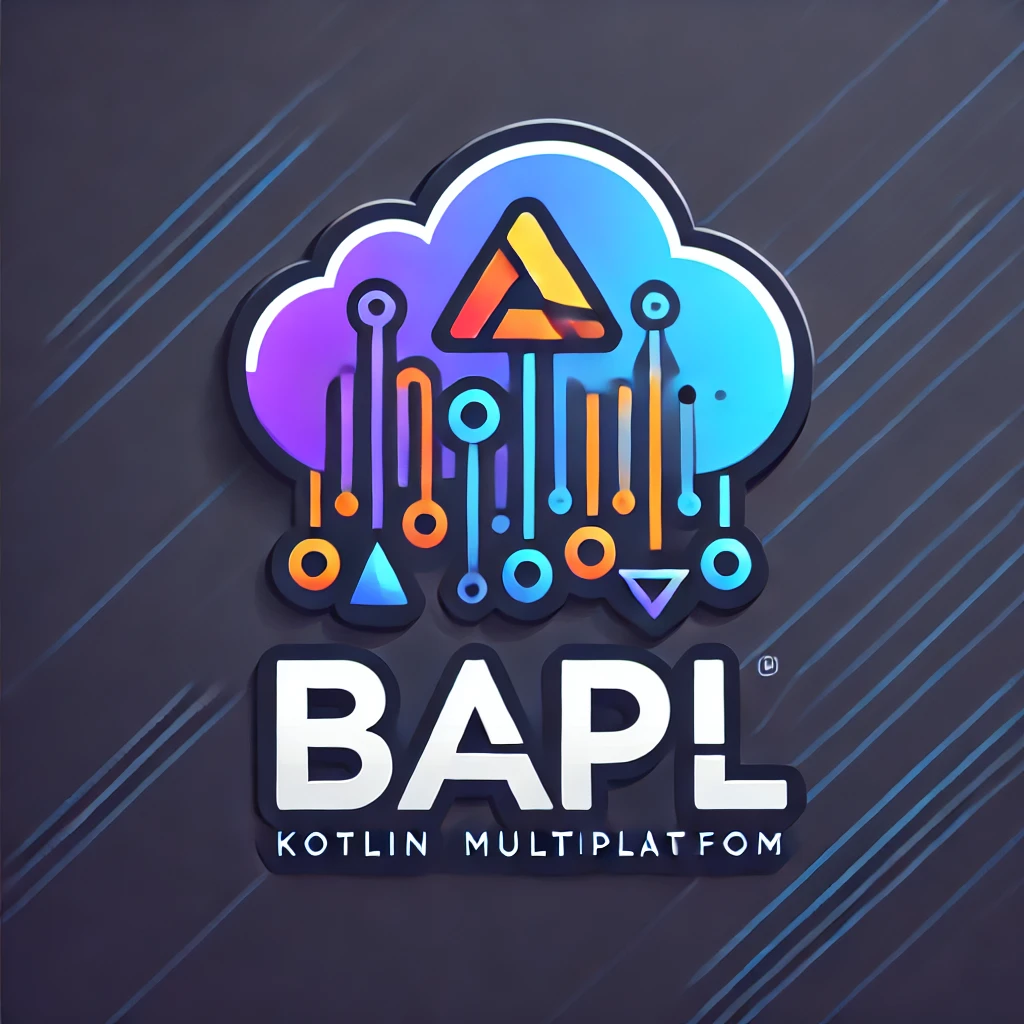Customer Pain
Who is the ideal customer for this product?
Bapl is built for Kotlin Multiplatform (KMP) mobile developers who need an efficient, unified backend solution that supports both on-device and online service integrations. The ideal customer base includes:
- Independent mobile developers working with KMP and Compose Multiplatform for Android and iOS.
- Established application teams that want to streamline backend development.
- Startups needing rapid backend deployment with built-in payment processing.
These customers prioritize speed and cost-efficiency while developing their multiplatform apps.
What problem does the product solve for the customer?
Bapl eliminates the hassle of backend development by offering pre-built KMP libraries that handle everything from on-device integrations (e.g., CameraX, PhotoKit) to online services (e.g., Firebase, OpenAI, Supabase).
Key pain points solved:
- Fragmented backend infrastructure – Mobile developers often juggle multiple backend services (Firebase for auth, AWS for storage, etc.). Bapl unifies this into a single API.
- Complex billing & setup – Bapl simplifies monetization by handling billing for third-party services (similar to Heroku's Add-Ons).
- Costly backend development – Instead of relying on community KMP libraries, many KMP developers implement their own KMP libraries - an expensive practice from both a time and cash perspective. KMP devs can integrate Bapl instantly with access to all of the top libraries on Android and iOS.
Where does this problem rank on the customer’s list of concerns?
This is a top-tier concern for mobile developers, especially those in the 6-million-strong Android developer market. Backend complexity is a major bottleneck for app development. By removing backend friction, Bapl can drive faster launches and reduced costs.
Product Market Size
How many customers are looking to solve this problem?
- 6 million Android developers globally. Bapl aims to capture 30% of this market.
- With the MBaaS market projected to hit $5.9B by 2025, there’s massive growth potential.
- 60% of mobile app development is expected to leverage BaaS solutions by 2025.
How much are they willing to pay to solve this problem?
- Developers already pay for Firebase/Supabase and Azure/AWS—Bapl consolidates these services into a single, transparent billing structure. And with emerging AI integration for mobile apps, Gemini/OpenAI bills will be coming soon for most mobile apps.
- Comparable services (e.g., Firebase, Supabase) charge $25–$250+ per month for backend services, and these services do not support KMP - developers are required to write redundant backend logic on both their Android and iOS apps.
- Bapl’s revenue model will include:
- Subscription plans ($25–$200/mo).
- Usage-based fees (for API calls, storage, compute).
- Revenue share from third-party service fees.
What is the addressable market for this product?
- TAM (Total Addressable Market) = 6M devs × avg. spend $50/mo = $3.6B annually.
- SAM (Serviceable Available Market) = Targeting 30% = $1.08B opportunity.
Product Attributes
 Bapl is a combination of KMP libraries and a service layer that bridges between the mobile apps and the online services.
Bapl is a combination of KMP libraries and a service layer that bridges between the mobile apps and the online services.
- On-Device KMP Libraries not supported by native providers (Camera, PDF, etc.).
- Cloud Service Integrations (Firebase, Supabase, OpenAI, Gemini, AWS, Azure, Develocity).
- Billing & Subscription Management for API services.
- Admin Dashboard for analytics & control.
- Full Cycle AB Testing to quickly build, rollout, and test new features.
Costs
What are the costs of making 1 product?
- Server infrastructure (cloud hosting, storage, compute).
- APIs & integrations (Firebase, OpenAI, Supabase, etc.).
- KMP library maintenance (SDK development).
Estimated marginal cost per user: $5–$15/month, depending on API usage.
What are the costs required before you can make your first product?
- Development costs:
- Backend API infrastructure: $500K.
- Initial KMP SDK development: $100K.
- Marketing & growth:
- Developer advocacy: $200K.
- Community building: $100K.
- Total estimated startup costs: $900K.
Profit Potential
What is the marginal profit potential?
- Pricing: $25–$200/month per app.
- Costs: $5–$15 per app.
- Estimated profit margin per app: $10–$185/month.
What is the total profit potential of this product?
- Year 1 goal: 10K apps × $50 avg. revenue = $6M revenue.
- Year 3 goal: 100K apps × $75 avg. revenue = $90M revenue.
Competition
What is the competitive landscape?
Bapl competes with Backend-as-a-Service (BaaS) platforms, including:
- Firebase – no KMP focus.
- Supabase – no KMP focus.
- AWS Amplify – no KMP focus.
- Back4App, Kinvey, Parse: no KMP focus.
Bapl’s Competitive Edge: ✅ KMP-first – The only backend solution built specifically for Kotlin Multiplatform. ✅ Unified billing – Similar to Heroku Add-Ons, Bapl handles API billing. ✅ On-device + cloud – Bapl supports efficient and intermittent connect experiences with zero developer effort. ✅ No vendor lock-in – Devs can always revert to non-Bapl libraries, including self-service KMP libraries.
Will customers trust Bapl over competitors?
- Build Trust: Bapl will make it easy to try KMP, and there will always be the escape hatch of adopting non-Bapl libraries in the future if needed.
- Faster setup = more adoption: goal is on production-quality implementation and deployment in minutes not months.
- Early adopters & testimonials will be critical (e.g., case studies, open-source projects).
What percentage of your potential customers will trust you?
- Initial adoption target: 10K apps (Year 1).
- Overall adoption: 30% from Android devs frustrated with lack of critical KMP library support.
Summary
Bapl is the first Kotlin Multiplatform backend solution that combines on-device and cloud service integrations with built-in billing and developer-friendly APIs. With a $1B+ addressable market and 6 million Android devs as a target audience, Bapl has the potential to become the Heroku of Mobile Backend Services.
Next Steps:
- MVP Development – Build API + KMP SDKs.
- Early Beta – Launch to Kotlin dev community.
- Developer Evangelism – Open-source contributions, partnerships, and integrations.
🚀 Bapl – The Future of Mobile Backend Development!

